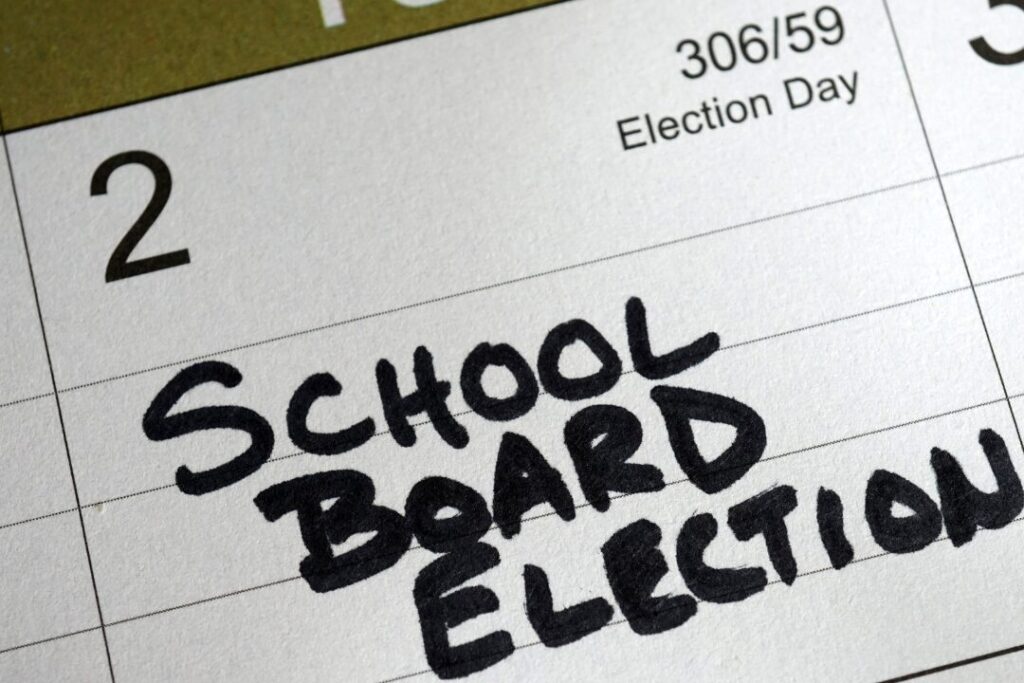School board members play a crucial role in shaping the education system in Florida. They are responsible for making important decisions that impact the quality of education provided to students. From setting policies and budgets to hiring superintendents and approving curriculum, school board members have a significant influence on the direction of education in their districts.
The decisions made by school board members have far-reaching consequences. They can determine the resources allocated to schools, the quality of teachers and staff, and the overall educational experience of students. It is essential for these individuals to approach their roles with a deep understanding of the issues at hand and a commitment to serving the best interests of students and their communities.
The Impact of Partisan Politics on Florida’s Education System
Unfortunately, partisan politics often seep into education policies, which can have detrimental effects on the education system as a whole. When decisions are made based on political affiliations rather than what is best for students, it undermines the integrity of the education system and hinders progress.
Partisan politics can influence decision-making in various ways. For example, school board members may align themselves with a particular political party and vote along party lines, rather than considering the merits of each issue. This can lead to a lack of critical thinking and a failure to address the unique needs of students in their districts.
The Political Affiliations of Florida School Board Members
In Florida, school board members are elected officials who often run as partisan candidates. According to data from the Florida School Boards Association, as of 2021, approximately 60% of school board members in Florida are registered Republicans, while around 40% are registered Democrats.
This partisan divide can have implications for the balance of power on school boards. When one party dominates the board, it can lead to a lack of diverse perspectives and a failure to consider alternative viewpoints. This can hinder collaboration and result in decisions that do not adequately address the needs of all students.
The Influence of Special Interest Groups on School Board Elections
Special interest groups can play a significant role in school board elections, often using their resources to sway the outcome in favor of candidates who align with their interests. These groups may have specific agendas, such as promoting charter schools or advocating for certain curriculum changes.
In Florida, special interest groups have been known to pour significant amounts of money into school board elections. This influx of funds can give certain candidates a significant advantage, allowing them to run extensive campaigns and reach a larger number of voters. As a result, the influence of these special interest groups can skew the outcome of elections and impact the composition of school boards.
The Effects of Partisan School Board Elections on Student Achievement
Research has shown that partisan school board elections can have a direct impact on student achievement. A study conducted by researchers at Stanford University found that partisan elections for school boards can lead to lower student achievement, particularly in districts with high levels of poverty.
The study suggests that partisan elections create an environment where political ideologies take precedence over evidence-based decision-making. This can result in policies that are not grounded in research or best practices, ultimately harming students’ educational outcomes.
Furthermore, marginalized communities are often disproportionately affected by partisan school board elections. These communities may already face systemic barriers to educational success, and when decisions are made based on political affiliations rather than the needs of students, it exacerbates these inequities.
The Role of School Board Members in Shaping Curriculum and Instruction

One of the key responsibilities of school board members is to shape curriculum and instruction decisions. They have the power to approve textbooks, set academic standards, and make decisions about what is taught in classrooms.
In Florida, this has played out in various ways. For example, there have been debates over the inclusion of certain topics in the curriculum, such as climate change or LGBTQ+ history. School board members have the authority to make decisions about whether these topics are included and how they are taught.
These decisions can be influenced by political affiliations, with some board members pushing for a particular agenda or ideology to be reflected in the curriculum. This can lead to a lack of diversity in perspectives and a failure to provide students with a well-rounded education.
The Debate over School Choice and Charter Schools in Florida
The debate over school choice and charter schools has become highly partisan in Florida. School choice advocates argue that parents should have the freedom to choose the best educational option for their children, whether that be a traditional public school, charter school, or private school.
Critics of school choice argue that it diverts resources away from traditional public schools and exacerbates inequities in the education system. They argue that charter schools, in particular, often cherry-pick students and do not serve all students equally.
This partisan divide has made it challenging to have productive conversations about how to improve education in Florida. Instead of working together to find common ground and address the needs of all students, the debate has become polarized, with each side digging in their heels.
The Importance of Nonpartisan School Board Elections in Ensuring Fairness

Nonpartisan school board elections can help ensure fairness and reduce the influence of partisan politics on education policies. When candidates are not affiliated with a political party, they are more likely to focus on the issues at hand and make decisions based on what is best for students.
Several states have implemented nonpartisan school board elections with success. For example, in California, school board candidates run without party labels, which allows voters to focus on their qualifications and positions on education issues rather than their political affiliations.
Nonpartisan elections can help level the playing field and encourage candidates to prioritize the needs of students over political ideologies. This can lead to more collaborative and evidence-based decision-making, ultimately benefiting the education system as a whole.
The Need for Collaboration and Bipartisanship among School Board Members
Collaboration and bipartisanship among school board members are essential for effective governance and decision-making. When board members from different political affiliations work together, they bring diverse perspectives to the table and can find common ground on important issues.
Several states have implemented strategies to encourage collaboration among school board members. For example, in Colorado, school board members participate in training programs that focus on building relationships and fostering collaboration. This has resulted in more productive board meetings and better outcomes for students.
By prioritizing collaboration and bipartisanship, school board members can set aside their political differences and focus on what is best for students. This requires a willingness to listen to different viewpoints, engage in respectful dialogue, and find common ground on important issues.
Moving Beyond Partisan Politics to Improve Education in Florida
In order to improve education in Florida, it is crucial to move beyond partisan politics and prioritize the needs of students. Nonpartisan school board elections can help ensure fairness and reduce the influence of special interest groups. By electing candidates based on their qualifications and positions on education issues rather than their political affiliations, voters can help create a more balanced and effective school board.
Additionally, collaboration and bipartisanship among school board members are essential for effective governance. By working together, board members can bring diverse perspectives to the table and make decisions that are grounded in research and best practices.
Ultimately, it is up to voters to prioritize education over partisan politics. By educating themselves about the candidates and the issues at hand, voters can make informed decisions that will have a positive impact on the education system in Florida. It is time to put the needs of students first and work towards a more equitable and effective education system.
If you’re interested in learning more about Florida Partisan school board members and their impact on education, you may find this article on BestCandidate.net quite informative. The article delves into the role of partisan politics within school boards and how it can influence decision-making processes. It also discusses the potential consequences of having partisan members on the board and offers insights into possible solutions. To read the full article, click here.






